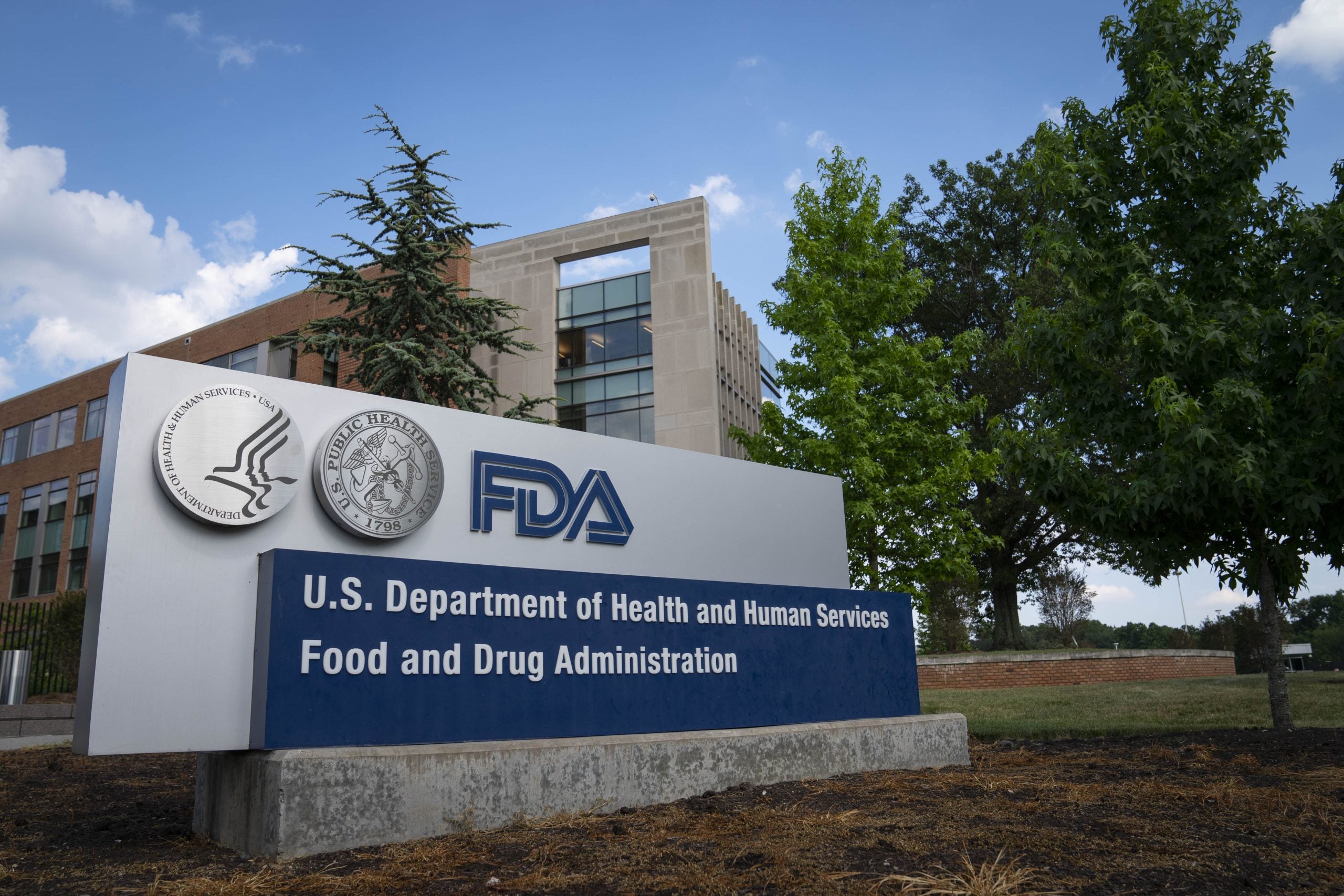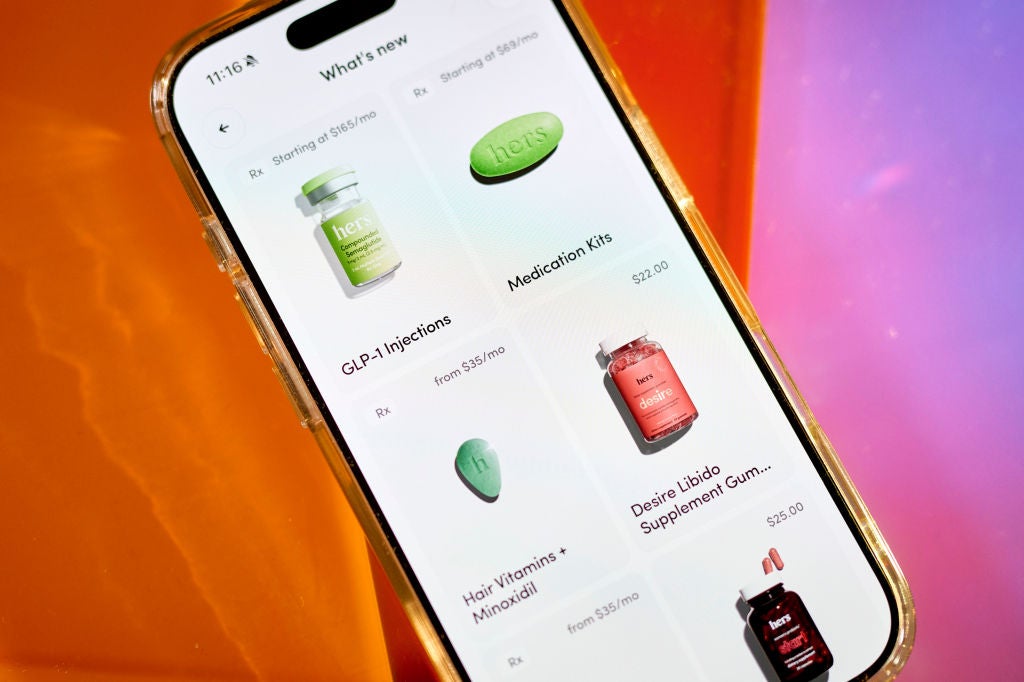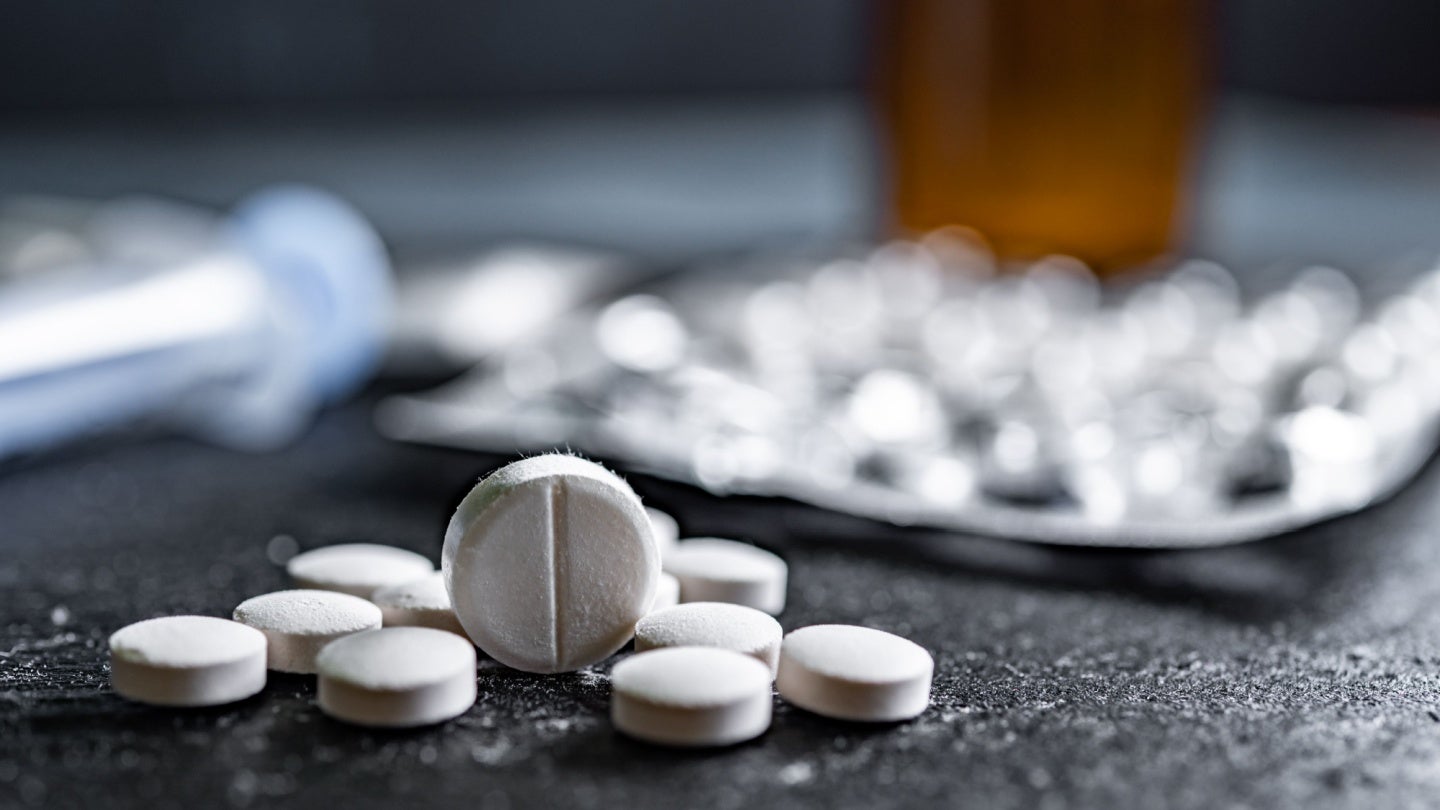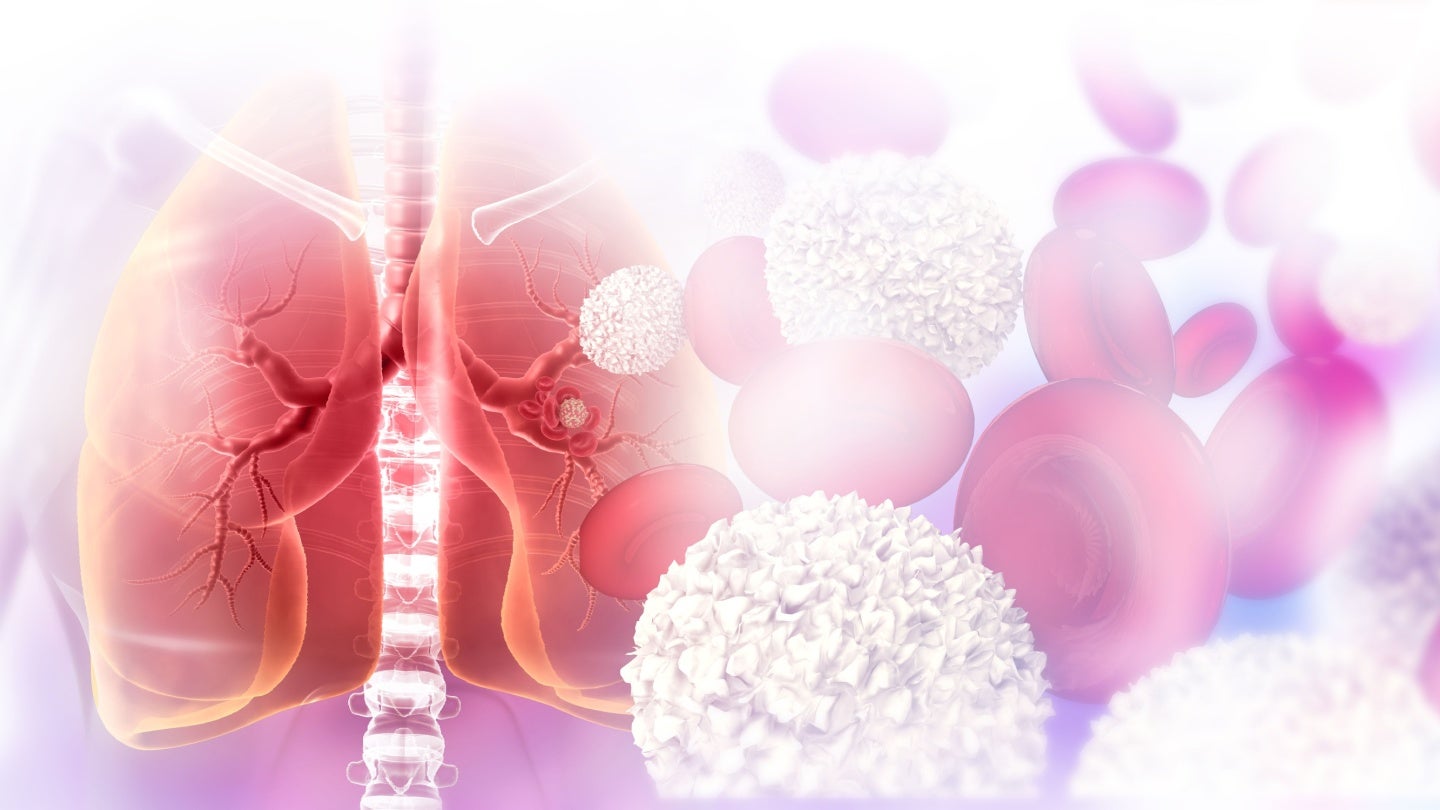Merck & Co. Invests Heavily in Promising Antibody-Drug Conjugates (ADCs)
Merck & Co. is making a bold move in the world of pharmaceuticals, securing a significant role in the production of Daiichi Sankyo’s antibody-drug conjugates (ADCs). While AstraZeneca was the first to seize two ADCs from the production line, Merck is leaving no stone unturned, paying a substantial upfront sum of $4 billion to co-develop […] The post Merck & Co. Invests Heavily in Promising Antibody-Drug Conjugates (ADCs) appeared first on LifeSci Voice.

Merck & Co. is making a bold move in the world of pharmaceuticals, securing a significant role in the production of Daiichi Sankyo’s antibody-drug conjugates (ADCs). While AstraZeneca was the first to seize two ADCs from the production line, Merck is leaving no stone unturned, paying a substantial upfront sum of $4 billion to co-develop Daiichi’s next three promising prospects.
Daiichi Sankyo has emerged as a key player in the exploration of ADCs, harnessing their latent potential. Among its achievements is Enhertu, a HER2 therapy developed in partnership with AstraZeneca, which has made strides in the treatment of breast cancer. Their research pipeline is further advanced by the TROP2-directed candidate datopotamab deruxtecan (Dato-DXd). AstraZeneca secured the rights to Enhertu and Dato-DXd in deals that amounted to $2.35 billion before achieving milestones in 2019 and 2020. However, other valuable assets have eluded them.
In a strategic move, Merck, buoyed by the success of Keytruda and mindful of its looming exclusivity loss, has committed to a whopping $4 billion upfront to co-develop and co-commercialize three ADCs with Daiichi. This colossal deal extends further, with Merck committing to $1.5 billion in continuation payments over the next two years and up to $16.5 billion in sales milestones. The maximum value of the collaboration is $22 billion, making it one of the most significant deals in the pharmaceutical industry.
The partnership not only secures Merck’s presence in the rapidly evolving ADC space but also ensures that they will share profits equally from three ADCs currently in development at Daiichi. The most advanced of these candidates is patritumab deruxtecan (HER3-DXd), an ADC designed to target HER3. It is currently in pivotal trials for EGFR-mutated non-small cell lung cancer, with plans to file for approval in March. In a competitive move, BioNTech recently acquired an early-stage HER3-directed ADC.
Following closely is ifinatamab deruxtecan (I-DXd), a B7-H3-directed ADC, currently in phase 2 testing for small-cell lung cancer. The final asset, raludotatug deruxtecan (R-DXd), targets CDH6, which is overexpressed in kidney, ovarian, and other cancers. Daiichi is actively enrolling patients with kidney and ovarian cancer in a phase 1 trial. Merck envisions these three programs having “multi-billion dollar worldwide commercial revenue potential for each company approaching the mid-2030s.” This investment will help Merck navigate the patent cliff that Keytruda is set to face in 2028, given that it currently rakes in $20 billion in annual revenue.
This collaboration places ADCs at the core of Merck’s post-Keytruda vision. In recent years, the pharmaceutical giant has made strategic investments in this modality, including a $600 million upfront payment to Seagen for rights to a candidate in 2020, the acquisition of VelosBio for $2.75 billion the same year, and forming multiple partnerships with Kelun-Biotech.
The financial complexities of Merck’s most recent agreement unveil a multifaceted arrangement. Merck’s initial payment for each ADC stands at $1.5 billion, with half of this amount becoming due after 12 months for one ADC and the other half scheduled for payment after 24 months for a different ADC. This structured payment plan grants Merck the flexibility to opt out of the HER3-DXd and R-DXd partnerships after 12 and 24 months, respectively, and forego the subsequent payments. In such a scenario, Daiichi will retain the funds received up to that point, along with full ownership of the respective candidates.
Furthermore, Merck has allocated $1 billion, equally divided between HER3-DXd and I-DXd, with a proportionate portion potentially subject to reimbursement in the event of early program discontinuation. The agreement also dictates that Merck will shoulder 75% of the initial $2 billion dedicated to research and development expenses. Beyond this financial threshold, both partners will jointly share the costs and the resulting profits, except in Japan, where Daiichi will maintain exclusive rights and compensate Merck through royalties.
The post Merck & Co. Invests Heavily in Promising Antibody-Drug Conjugates (ADCs) appeared first on LifeSci Voice.
What's Your Reaction?


































